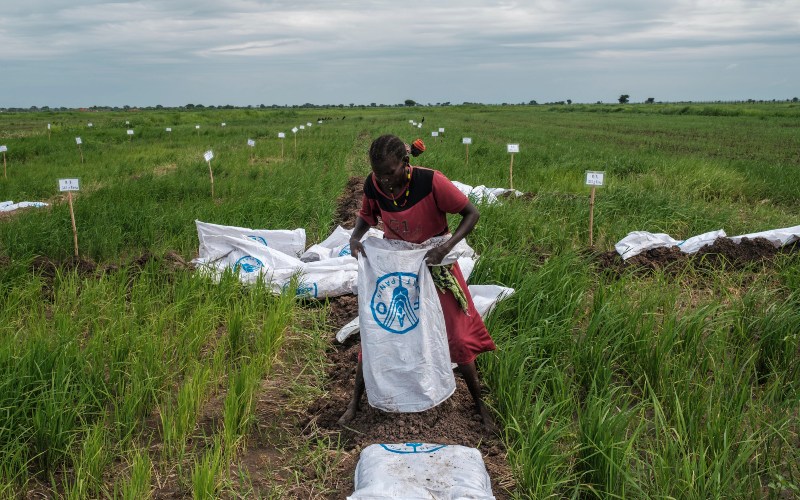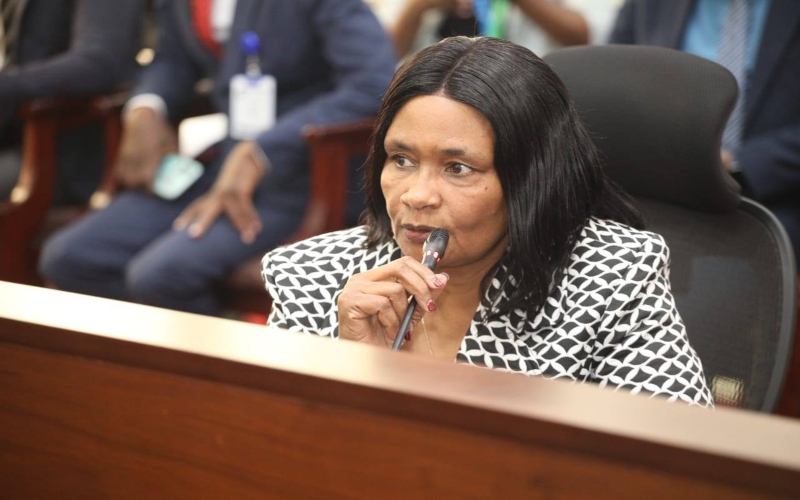Four African countries delisted from money laundering watchlist, Kenya still flagged

Kenya remains under FATF grey listing, after being flagged in February 2024, a decision that has rattled its financial sector.
Four African countries: South Africa, Nigeria, Mozambique and Burkina Faso have been removed from the Financial Action Task Force’s (FATF) ‘grey list’.
The FATF, a global watchdog based in France, said the decision followed successful on-site visits that confirmed the four nations had made positive progress in meeting agreed reforms within set timelines.
More To Read
- EACC seeks access to mobile money data, more powers to fast–track graft cases under new bill
- EACC targets money laundering to remove Kenya from global crime watchdog’s grey list
- Record cocaine seizure in Haitian waters underlines country’s ‘pivotal’ trafficking role
- Five charged with defrauding Social Health Authority of Sh17.5 million
- Kenya loses Sh194.8 billion annually to illicit financial flows, Transparency International warns
- Kenya loses over Sh250 billion annually to illicit trade and counterfeits - report
The 'grey list' comprises countries with strategic deficiencies in their anti-money laundering regimes, but which are actively working with FATF to fix them.
FATF President Elisa de Anda Madrazo described the development as a positive story for the continent.
Commending the nations for their reforms, she said South Africa revamped its tools to detect money laundering and terrorist financing while Nigeria created better coordination between agencies.
“Mozambique increased its financial intelligence sharing, and Burkina Faso improved its oversight of financial institutions,” Madrazo said.
Officials in the delisted countries welcomed the announcement.
Nigerian President Bola Ahmed Tinubu said the move represents a major milestone in Nigeria’s journey towards economic reform, institutional integrity and global credibility.
Nigeria’s Financial Intelligence Unit added that it had worked resolutely through a 19-point action plan to strengthen its systems.
Edward Kieswetter, Commissioner at South African Revenue Service (SARS), also welcomed the announcement. However, he noted that there is still much work to be done.
“Removing the designation of grey listing is not a finish line but a milestone on a long-term journey toward building a robust and resilient financial ecosystem.”
Nigeria and South Africa were added to the list in 2023, preceded by Mozambique in 2022 and Burkina Faso in 2021.
Meanwhile, Kenya remains under FATF grey listing, after being flagged in February 2024, a decision that has rattled its financial sector.
This resulted from deficiencies in its anti-money laundering (AML) and counter-terrorism financing (CFT) controls, exposing Kenya’s vulnerability to illicit financial flows (IFFs).
IFFs refer to illegal movements of money or capital from one country to another.
This includes corruption, tax evasion, trade mis-invoicing, terrorist financing, money laundering and proliferation financing.
Following the country’s grey listing, analysts across various sectors have since warned that the listing poses significant risks to international trade and investment, as it signals weaknesses in combating illicit financial flows, corruption and tax evasion.
According to the Global Financial Integrity (GFI), Kenya loses billions of shillings annually through IFFs.
FATF cited issues such as inadequate prosecution of money laundering cases, weak enforcement against terrorism financing, and limited oversight of the non-profit sector.
The National Taxpayers Association (NTA), for instance, argues that the grey listing should serve as a wake-up call for Kenya to strengthen regulations and enhance law enforcement capacity.
It further emphasises the need to establish a public registry of beneficial ownership, a critical step to restore investor confidence and protect the integrity of the country’s financial system.
More than 200 countries globally subscribe to FATF’s standards, which guide efforts to prevent money laundering, terrorist financing and related crimes.
Being removed from the grey list typically improves investor confidence, reduces transaction scrutiny and restores a country’s credibility in global financial markets.
Top Stories Today












































